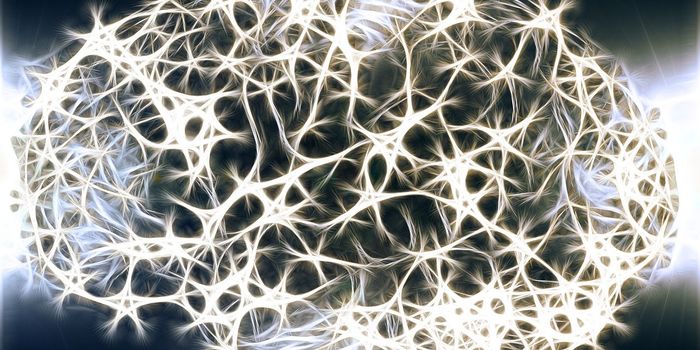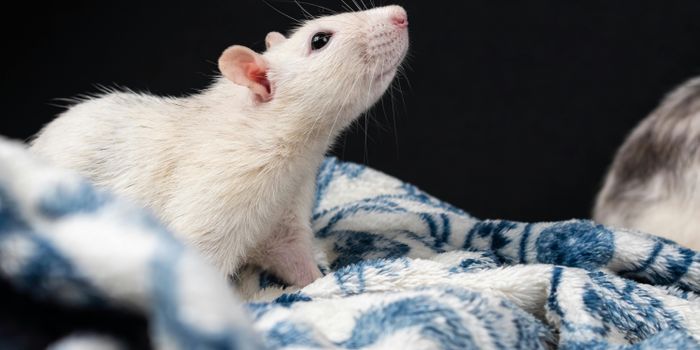Newly Discovered Brain Cell Type Has Extensive Abilities
New evidence of a hitherto undiscovered type of brain cell has forced a reappraisal of our prior brain knowledge. The remarkable characteristics of this long-hypothesized cell type are detailed in a recent Nature paper.
The vast majority of cells in the human brain are astrocytes, not neurons. They support the activity of neurons by creating a safe and ordered environment around the sites of neuron-neuron communication, the synapse.
By decoding the genetic expression and recording the visual activity of astrocytes, a research team out of the University of Lausanne, Switzerland, identified a unique group of cells that displayed a remarkable dual identity. These cells express both genes associated with astrocytes and genes that facilitate the release of glutamate, an action thought to only be performed by neurons.
Principle investigator of the study and lead author Andrea Volterra, emphasizes, "In between neurons and astrocytes, we now have a new kind of cell at hand. Its discovery opens up immense research prospects" (via EurkAlert!). This revelation challenges conventional wisdom by uncovering a previously unknown category of astrocytes, termed "glutamatergic astrocytes," responsible for releasing glutamate —a fundamental component of neuron-to-neuron communication.
Employing a technique called patch-seq, the researchers correlated their transcriptional identification with the cells actually releasing glutamate, solidifying the existence of these tween cells. Further experiments unveiled these astrocytes' critical role in hippocampal neuron connections and memory processing in mice. Memory processing suffered when their activity was inhibited, and induced seizures increased, suggesting "distinct roles in brain function" and potential therapeutic avenues for chronic epilepsy treatment and beyond.
These cells' involvement in motor pathways could have implications for Parkinson's disease treatment, hinting at a novel therapeutic target in the quest to combat this neurodegenerative disorder.
Dr. Andrea Volterra shared, "Our next studies will explore the potential protective role of this type of cell against memory impairment in Alzheimer's disease, as well as its role in other regions and pathologies than those explored here." The neuroscience community is eager to see what essential questions these glutamatergic astrocytes might answer.
The first author of the paper featured in video:
Sources: Nature, EurekAlert!









